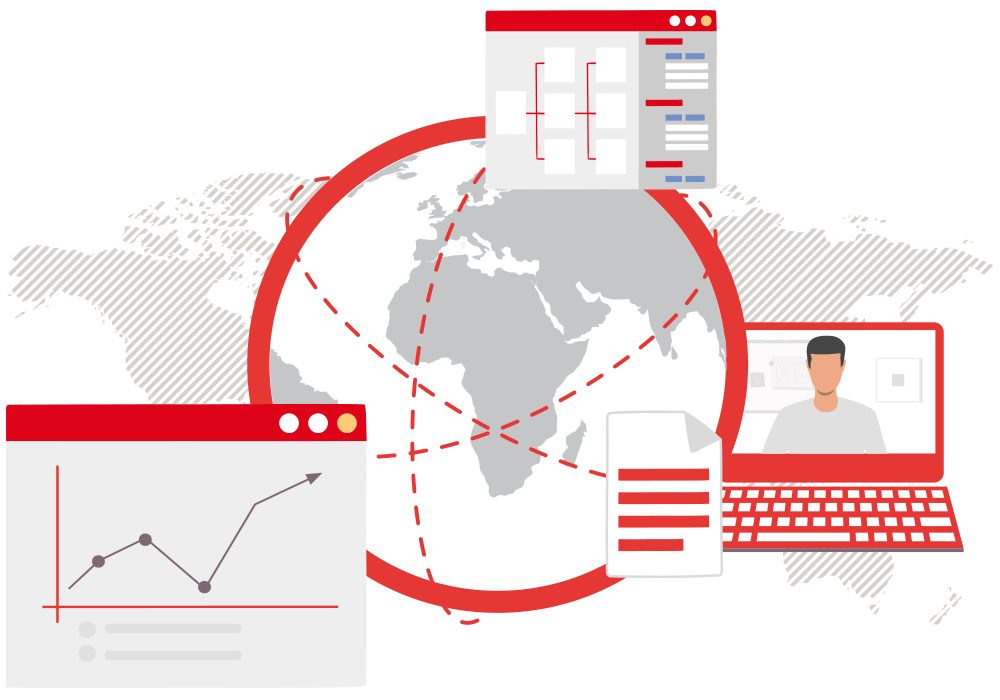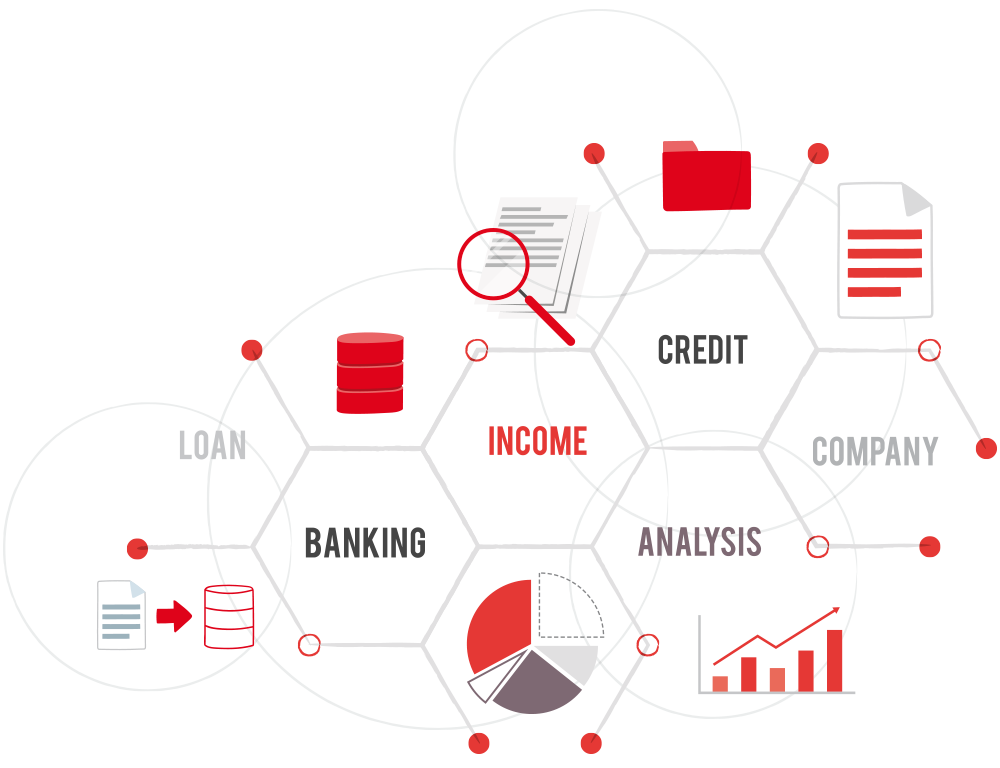
30 Jul Language Translation Services for Fintech Companies
Posted at 15:53h
in Innovation and technology, Languages, Localization, Translation and Interpretation
by addMLTraducciones
The fintech industry is booming! The market was valued at $110.57 billion in 2020 and is projected to hit $698.48 billion by 2030. That’s a CAGR of 20.3% from 2021 to 2030. Faster growing fintech companies are expanding their reach into foreign markets to continue their growth.
Best fintech companies need accurate translations with quick turnarounds. Content associated with the market must require attention to detail, as a misplaced decimal point can completely change the meaning of the content. Therefore, it’s best to work with an experienced language service provider with a specialty in fintech. A language partner must understand the industry and target markets
So when it’s time to look for a language partner, consider the following factors during your search, as a language services provider should have these capabilities.

Understand the Fintech and Language Markets
Not surprisingly, the financial services industry is heavily regulated, and fintech companies must comply with any and all local and applicable laws and regulations wherever they operate. Country regulations vary depending on the type of business and what type of financial data they handle.
In addition, foreign language requirements vary by country. Since there’s such a variety of requirements for financial and language requirements, it’s important to partner with a language provider who understands and has experience with the markets you’re targeting to help you succeed. A language service provider who specializes in fintech can help you get there.
Adapt Products to a Global Audience
Another important step to reach other audiences is to adapt software and the website to those markets. One part of adapting software and websites is called internationalization, which is the process of verifying that these products can be easily adapted to the target languages and locales before the translation process begins.

Since software or websites aren’t always designed with an eye towards other languages, the internationalization step will find any problems in the transportation layer and design.
Another part of adapting software and websites is language localization. During the process of translation, the translators consider the language, locale, and needs of the target audience. For example, units of measurement and other numerical items might need to be changed to fit in with the local market. The goal of internationalization and localization is to make it look like the software or website was designed specifically for a certain locale.

Capture and Use Financial Terminology
One of the tools that a language service provider can use to help fintech companies is a terminology glossary. Most companies use specific terminology to talk about their products, services, and brand. In addition, oftentimes there is industry-specific terminology.
By capturing company and industry-specific terminology, translators can translate the terms once and reuse them whenever they appear. These terms then create the foundation for wording choices on websites, manuals, social media, and more.
A translation memory (TM) is another important tool. A TM manages all the original and associated translated content, and stores it for future use. When a translator begins a project, the TM will pre-populate the content with the words that are in the database, so the translator can focus on all the new words.
A terminology database and translation memory work together to build a library of content for reuse. These tools help save money, reduce translation time, and build content assets. A language service provider manages and maintains these tools.
Use Native-Speaking, Professional Translators
When translating content for your global audiences, ensure that your localization company uses native speakers of the regions you’re targeting. This will help ensure that the translations are of high quality. A native speaker will adapt the content to the local culture, so it makes sense for that market. After all, translating words is just one part of the equation.

Another requirement is that the native speakers have experience with financial services content. Given that fintech is specialized and full of specific terminology, translators must have general knowledge of the industry in order to produce accurate content. In addition, the content associated with fintech businesses is often confidential, such as encrypted and personal data. A language service provider can manage confidentiality with the translators.
In addition, a translation services company should provide an experienced team that includes translation project managers, localization engineers, desktop publishers, and more.
Join us at Fintech World Forum 2023

Finding a language service provider who specializes in fintech is imperative to produce accurate and speedy content.
The Fintech World Forum 2023 in London is quickly approaching, and we’re excited to be a part of it! To learn more about our language services, please fill out the following contact form.
We’re happy to help answer any questions you may have.
Conclusion
We can help organizations in highly regulated industries with these best practices. To learn more about how we can help you, call us at (+34) 915 002 222 or email us at sales@mondragonlingua.com.